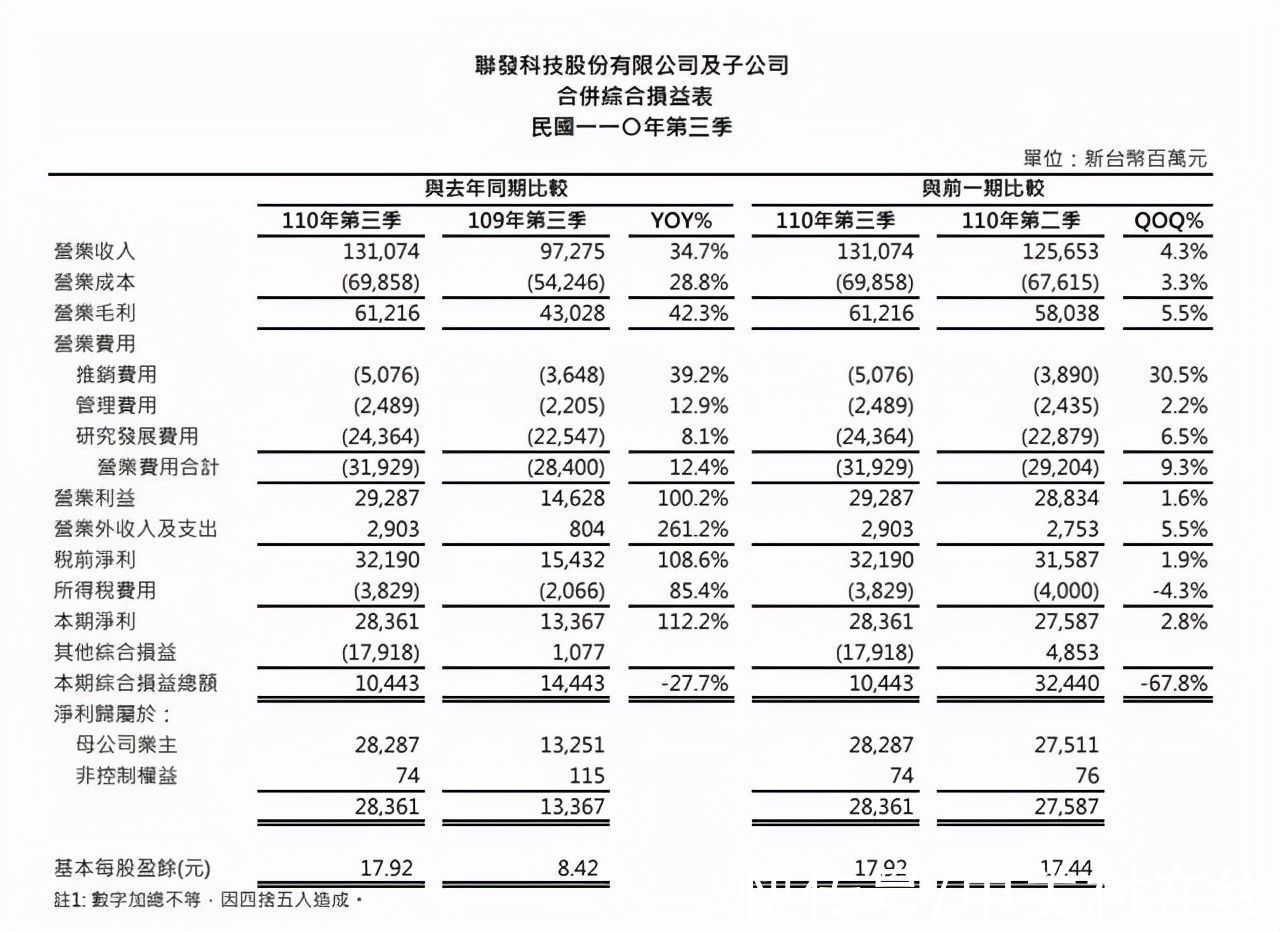Android基础知识梳理-四大组件之Service
定义
Service 是一种可在后台执行长时间运行操作而不提供界面的应用组件。服务可由其他应用组件启动,而且即使用户切换到其他应用,服务仍将在后台继续运行。此外,组件可通过绑定到服务与之进行交互,甚至是执行进程间通信 (IPC)。例如,服务可在后台处理网络事务、播放音乐,执行文件 I/O 或与内容提供程序进行交互。
服务类型
- 前台服务
前台服务必须显示通知,一般用于执行一些需要用户注意的操作。例如音频播放器使用前台服务来播放音乐。
- 后台服务
后台服务用于执行用户不会直接注意的操作。通过startService()启动
- 绑定服务
绑定服务会提供客户端-服务器接口,以便组件与服务进行交互、发送请求、接收结果,甚至是利用进程间通信 (IPC) 跨进程执行这些操作。仅当与另一个应用组件绑定时,绑定服务才会运行。多个组件可同时绑定到该服务,但全部取消绑定后,该服务即会被销毁。
......
添加
\标签并使用android:name指定service实现类,android:exported置为false可以确保当前service只被当前应用使用,如果其他应用也要使用到此service,则应该置为true。2.代码实现
public class ExampleService extends Service {
public ExampleService() {
}@Override
public int onStartCommand(Intent intent, int flags, int startId) {
return START_STICKY;
}@Override
public IBinder onBind(Intent intent) {
// TODO: Return the communication channel to the service.
throw new UnsupportedOperationException("Not yet implemented");
}
}
onStartCommand():每次调用startService()接口启动服务时,都会触发服务的该回调方法onBind():定义与客户端交互的接口并返回用于通信的IBinder实例,可以通过扩展 Binder 类、使用 Messenger、使用 AIDL三种方式定义
// 启动服务
private void startLocalService() {
Intent intent = new Intent(this, ExampleService.class);
startService(intent);
}// 停止服务
private void stopLocalService() {
Intent intent = new Intent(this, ExampleService.class);
stopService(intent);
}
2.前台服务
【Android基础知识梳理-四大组件之Service】定义notification,运行前台服务
Intent notificationIntent = new Intent(this, ExampleActivity.class);
PendingIntent pendingIntent =
PendingIntent.getActivity(this, 0, notificationIntent, 0);
Notification notification =
new Notification.Builder(this, CHANNEL_DEFAULT_IMPORTANCE)
.setContentTitle(getText(R.string.notification_title))
.setContentText(getText(R.string.notification_message))
.setSmallIcon(R.drawable.icon)
.setContentIntent(pendingIntent)
.setTicker(getText(R.string.ticker_text))
.build();
startForeground(ONGOING_NOTIFICATION_ID, notification);
3.绑定服务
绑定服务需要使用
ServiceConnection来监听服务的连接状态,并在连接成功的回调方法onServiceConnected()中获取到可以用以与服务通信的Binder实例// 监听服务绑定状态
private ServiceConnection serviceConnection = new ServiceConnection() {
@Override
public void onServiceConnected(ComponentName name, IBinder service) {
}@Override
public void onServiceDisconnected(ComponentName name) {
}
};
// 绑定服务
private void bindLocalService() {
Intent intent = new Intent(this, ExampleService.class);
bindService(intent, serviceConnection, Context.BIND_AUTO_CREATE);
}// 解绑服务
private void unbindLocalService() {
unbindService(serviceConnection);
}
生命周期

文章图片
对于不同的服务启动方式,服务的生命周期也有所不同。如上图,左边时通过
startService()启动服务的生命周期,右边时通过bindService()启动服务的生命周期。
文章图片
如果是
bindService()方式启动服务,当onUnbind()返回true,客户端再次bindService()时会触发到onRebind()回调- onCreate()
首次创建服务时,会调用该方法,如果服务已在运行,则不会被调用,该方法在服务的整个生命周期中只会被调用一次。
- onStartCommand()
当另一个组件通过startService()方法启动服务时,会调用到该方法
- onBind()
当另一个组件通过bindService()方法绑定服务时,会调用到该方法
- onUnbind()
当另一个组件通过unbindSevice()方法解绑服务时,会调用到该方法
- onRebind()
当旧的组件已与服务解绑后,新的组件绑定服务时,如果onUnbind()返回true,则会调用该方法
- onDestory()
当绑定服务的所有组件均已解绑或者服务停止时,会调用到该方法













